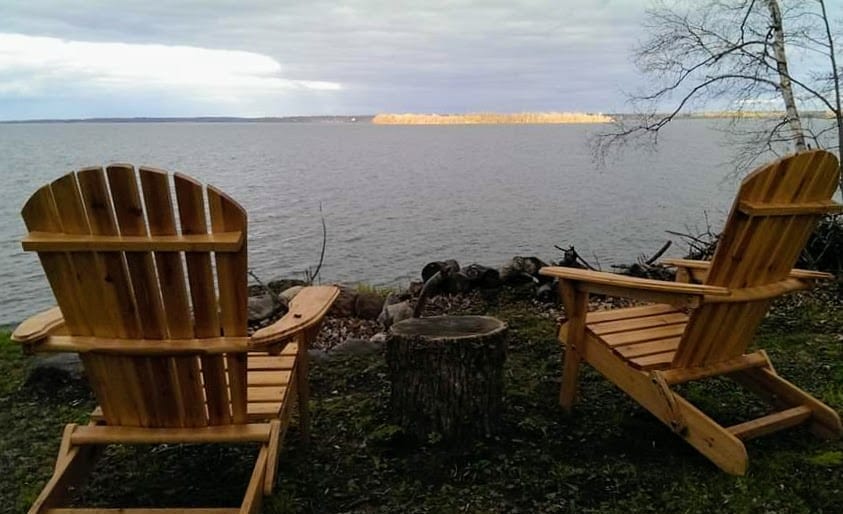As we grow older, the need for guidance shifts with our developmental maturity. The coach you hired in your mid-thirties might not have the chops to advise leadership decisions once you reach the fourth and fifth decades of life. The instructor engaged to develop the young prodigy has different talents than the partner who makes the learning of music theory compelling for the advanced artist.

Choosing your teacher becomes an exercise in what psychotherapists call ‘leading.’ You want someone who is far enough in front of you to pull you forward, but near enough to be in sight and in reach. You want someone who can assess your readiness for growth and ignite the right sparks at key moments.
Applying the same principles that make all teams work, consider these questions when interviewing your next mentor, teacher, or coach:
- Do we share both a common understanding of our goal and a willingness to try different paths to the destination?
- Do we both have comfort with the inevitable tension that precedes resolution?
- Does our energy and work ethic match up in a way that ensures accountability?
- Is there an undercurrent of respect and connection that silently supports the relationship?
- Is there enough space to experiment and fail?
- Does the alliance create a platform for creativity when problems need to be solved?
- Can the relationship sustain and survive significant change when things go sideways?
- Can the flow of interaction adapt to and evolve with both teammate’s growth?
For a team of two to work for the long haul, all of these must eventually be answered with a ‘yes.’ A robust partnership checks all these boxes. You can broaden the definition of the dyad beyond mentors, teachers, and coaches to your neighbors, friends, and lovers while you’re at it. The ground rules for healthy connections are the same even though the stakes may be different. Put your smallest teams-of-two to the test. Choose your partners with intention.
